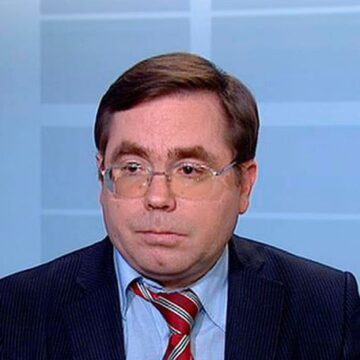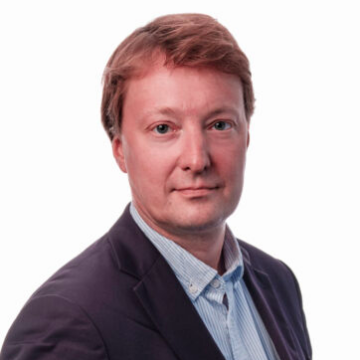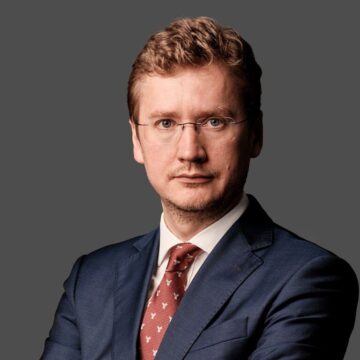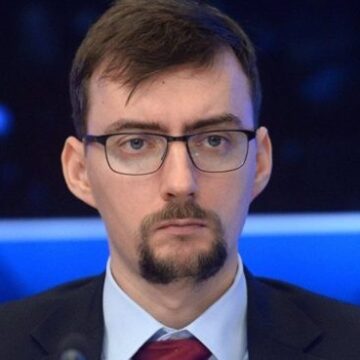New rules emerge from shifts in the balance of power and, if we take the modern-day world, the fact that small groups of countries are no longer able to tell the rest of the international community what to do. The drive for independence relying on mutual respect that we see in most countries around the world has become the structural foundation underlying an emerging regional and, possibly, international order.
Today’s situation is somewhat ironic. On the one hand, a profound shift is unfolding on the international stage. It is greater in size and depth than the previous one that took place in the late 1980s and early 1990s. On the other hand, these changes are not revolutionary by nature. They are not leading to collapse and evanescence, but rather to transformation of the erstwhile rules and norms. Truth be told, no one is really interested in seeing a radical scenario play out.


The key point is that there is no going back, and what lies ahead will look nothing like recapitulation of the past.
There is a demand for stabilising mechanisms that would not only expand existing capabilities of the countries, but also act as safeguards against the woefully tragic scenarios, such as those playing out around Ukraine and in the Middle East. The search for such mechanisms will be most widespread in Eurasia, which is the world’s largest continent in terms of its territory and population. This is where the most favourable prerequisites for that have developed. Eurasia’s connection to the rest of the world is so deep that Eurasian processes will have a decisive impact on the other parts of the planet and on approaches to addressing crucial security and sustainability issues, such as food, energy, and environment.
Authors: Oleg Barabanov, Timofei Bordachev, Fyodor Lukyanov, Andrey Sushentsov, Ivan Timofeev














